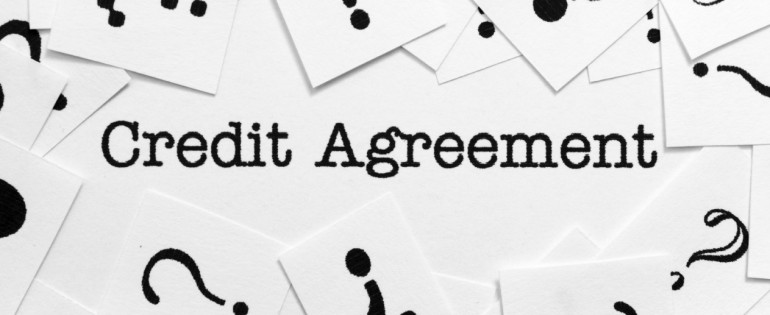
0 Percent Credit Cards : What You Need To Know Before Choosing A Credit Card
by Heather Larson / 0 Comments / Mar 04, 2015
In modern times 0 percent credit cards seem like some Holy Grail. But really, interest can be your best friend or your arch enemy depending on which side of the fence you reside. If you’re investing money or you’ve socked it away into a savings account and those funds earn a high rate of interest, your money grows. Always a positive. But if you have a credit card with a high rate of interest and you carry a balance on that card that means you pay more for what you bought than you should – sometimes twice as much or even more. This is when 0 percent credit cards come in really handy. It’s important to know that when it comes to applying interest to your balance not all transactions get the same treatment.
0 Percent Credit Cards and Interest on Purchases
No worries if you pay off your credit card balance in full every month before the due date. The time between the end of a billing cycle and the due date for your payment is called a “grace period.” Most credit cards have them, but watch out for the ones that don’t. This period varies by issuer, but usually runs between 21-25 days. If you pay your balance within the grace period, no interest is charged. But this usually applies to purchase transactions only. In a perfect world you don’t have a credit card account balance, but what if you’re a teensy bit imperfect and can’t pay the balance in full?
When you carry some of your credit card balance forward into the next month, you’re charged interest on that unpaid balance, unless you have 0 percent credit cards. The interest amount has to do with your Annual Percentage Rate, or APR, which is the fee you pay for the privilege of borrowing money. If you have a low APR and keep a low outstanding balance, then you pay less money in interest. But if you have a higher APR and a high outstanding balance, then you pay more money in interest.
Interest rates for goods and services are usually lower than those for cash advances; there is also usually a specific credit card cash advance fee.
Interest on Cash Advances
When you ask for a cash advance or write one of those “free” checks the bank sends you, you pay a higher rate of interest on those transactions than you do for purchases. Plus the interest on cash advances and “free” checks starts accruing the minute you use them. So those checks really aren’t free at all.
You’ll also be charged interest whenever you start the billing cycle with any balance on your card, whether it’s from purchases, a cash advance or writing a “convenience” check.
Checks that you write to transfer a balance to another card aren’t subject to the same interest rate as those checks banks send you as a “convenience.”
Calculating Daily APR
The credit card interest rate is usually expressed as an annual rate or APR while daily interest rate is determined by dividing the APR by either 360 or 365 (days), depending on the credit card company. Then that number is multiplied by the amount owed at the end of each day in the billing cycle. That amount is then added to the previous day’s balance. Credit card interest compounds on a daily basis.
That’s great for the bank backing the credit card, but not so good for you.
Tip: Watch out for the interest changing from the time you order the credit card until it arrives in your mailbox. The fine print must have said that the lower rate was “only for people who qualify.”
Leave a Reply
Your email address will not be published. Required fields are marked *
Copyright © 2014 Credit Cards . All rights reserved.
Advertiser Disclosure: The credit card offers that appear on CreditCardIdeas.com are from credit card companies from which this site receives compensation. This compensation may impact how and where products appear on this site (including, for example, the order in which they appear). This site does not include all credit card companies or all available credit card offers.
Editorial Disclosure: The editorial content on CreditCardIdeas.com is not provided by any bank, credit card issuer, airlines or hotel chain, and has not been reviewed, approved or otherwise endorsed by any of these entities. Opinions expressed here are author's alone, not those of the bank, credit card issuer, airlines or hotel chain, and have not been reviewed, approved or otherwise endorsed by any of these entities.

